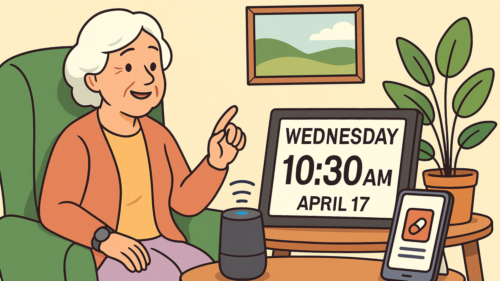Dementia Care Support Guide – FREE Dementia Home Care guide


Looking for a free care guide and tips on how to look after someone with dementia at home? The Dementia Care Support Guide offers practical advice, expert insights, and real-life caregiving experiences. Whether you’re just starting or have been providing dementia care for some time, these valuable tips are designed to help you navigate the unique challenges of home care with confidence and compassion. From creating a safe environment to understanding behavioural changes, this resource empowers you to enhance the well-being of your loved one while reducing stress for yourself. Begin your journey towards more effective, empathetic dementia care at home.